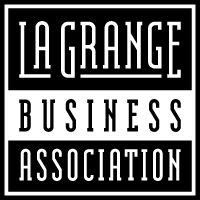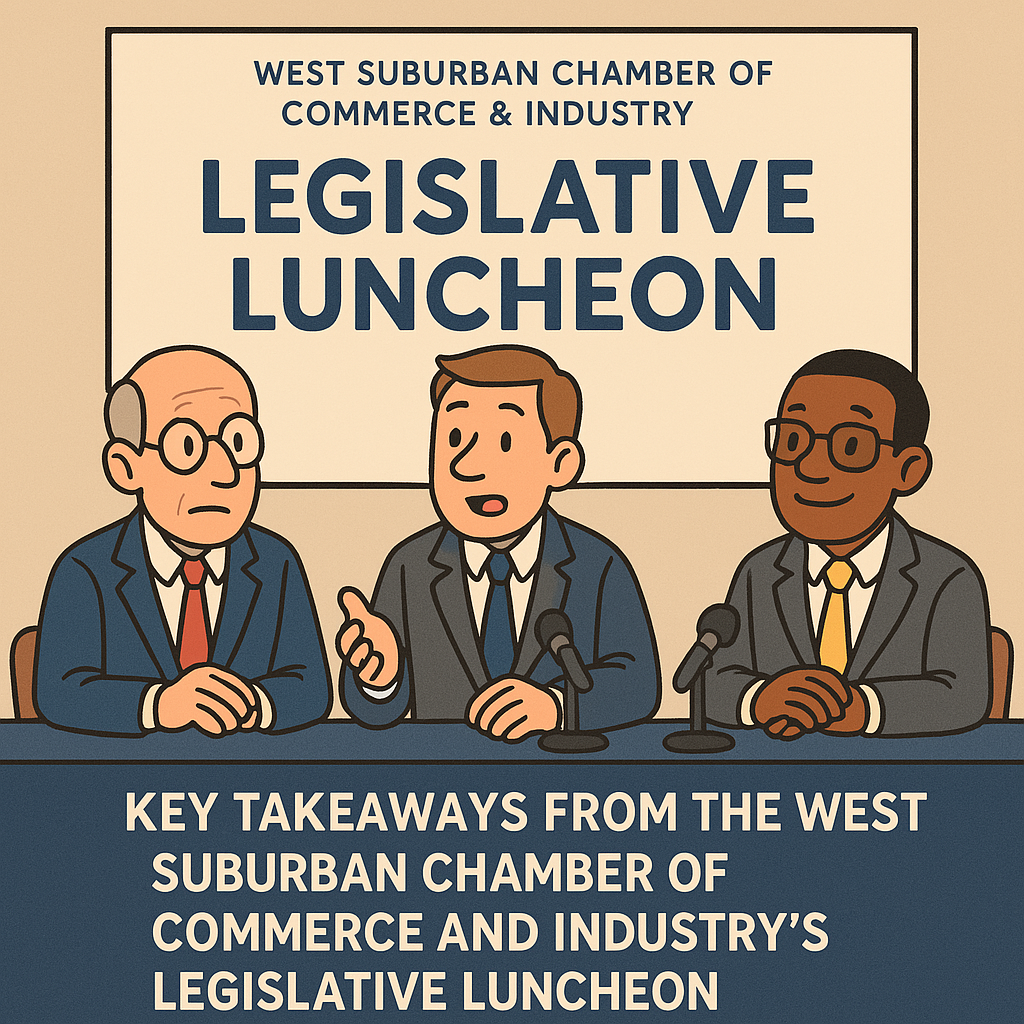The West Suburban Chamber of Commerce and Industry recently hosted a Legislative Luncheon featuring a panel of experts who provided insights into post-election impacts and potential implications for businesses in Illinois and beyond. Panelists included Richard Porter, retired senior partner at Kirkland Ellis and National Committeeman from Illinois; Ryan Gleason, Senior Manager of Government Affairs for the Great Lakes Division at the U.S. Chamber of Commerce; and Illinois State Representative La Shawn Ford of the 8th District.
Tariffs and Their Impact
A topic of discussion was tariffs and their effects on businesses and consumers. The U.S. Chamber of Commerce highlighted two main considerations:
- Tariffs may function as a tax on American families, affecting the cost of goods.
- Retaliatory tariffs from other nations could have an impact on small businesses engaged in global trade.
The U.S. Chamber of Commerce encourages businesses to share their experiences regarding tariffs, whether positive or negative, to better inform policy discussions. Additionally, the Chamber is exploring the possibility of a “zero-for-zero” tariff approach, which aims to reduce tariffs on a mutual basis with trade partners.
Federal Funding for Illinois
The panel also addressed the issue of $1 billion in federal funding being withheld from Illinois due to differences over immigration policy compliance. This funding is connected to various state programs and business initiatives.
Panelists suggested that businesses and stakeholders can stay informed and involved by:
- Monitoring updates and alerts issued by the U.S. Chamber of Commerce.
- Engaging in letter-writing campaigns to Illinois state officials to express concerns or perspectives on the issue.
Workforce Development Considerations
Workforce development was another key focus, as businesses seek skilled and educated workers to support their operations. The U.S. Chamber of Commerce acknowledged the importance of workforce training programs and noted that future developments in this area may depend on federal education policies.
Looking Ahead
Several upcoming challenges and opportunities were discussed:
- Illinois lawmakers are examining funding solutions for the CTA, Pace, and the Regional Transportation Authority, which could impact transportation options for employees in the Chicagoland area.
- Higher education institutions are being considered as key players in preparing a workforce that meets business needs.
Engagement and Advocacy
Business owners and community members are encouraged to participate in discussions, share their perspectives, and remain engaged with legislative developments.
As policies evolve, staying informed and involved will be essential for businesses and communities navigating potential changes.

